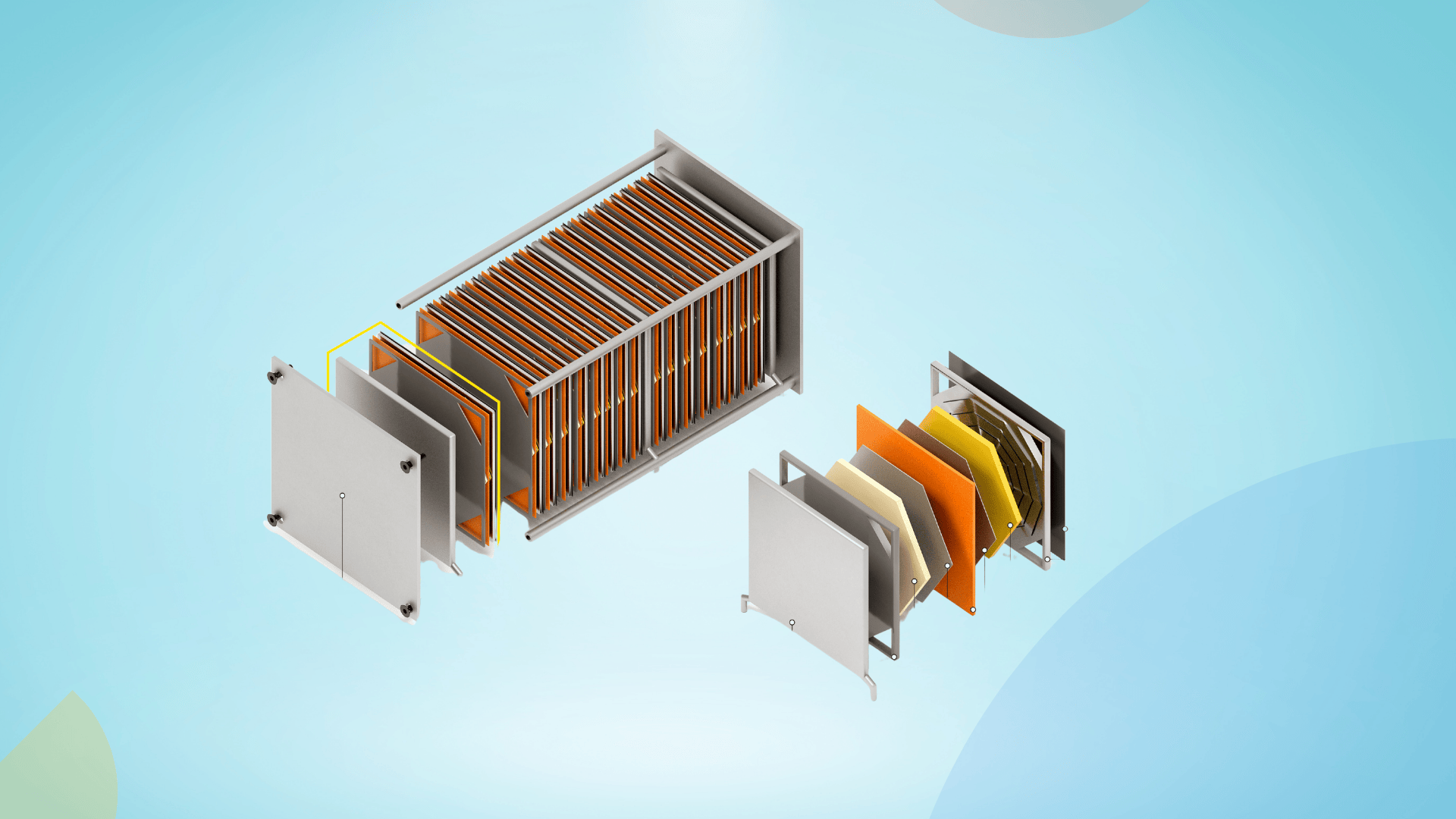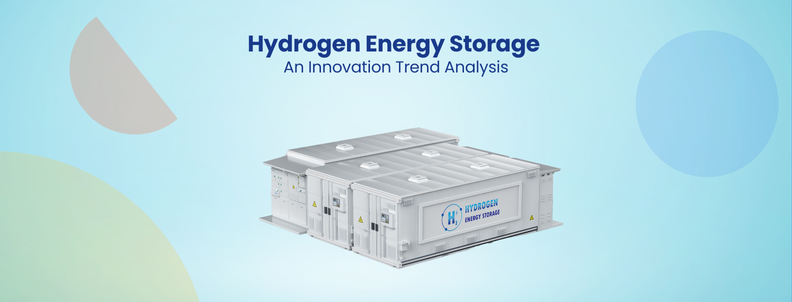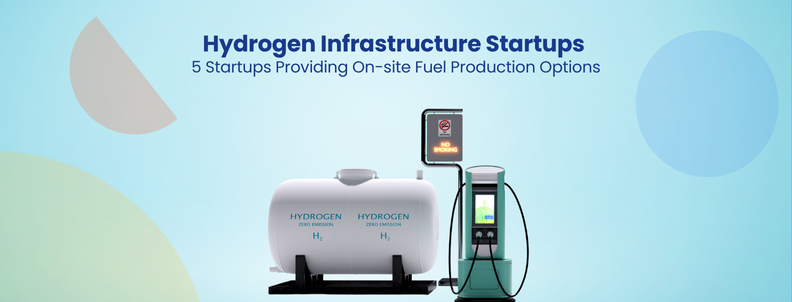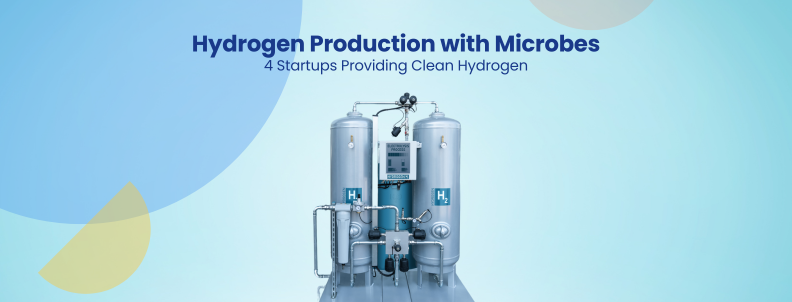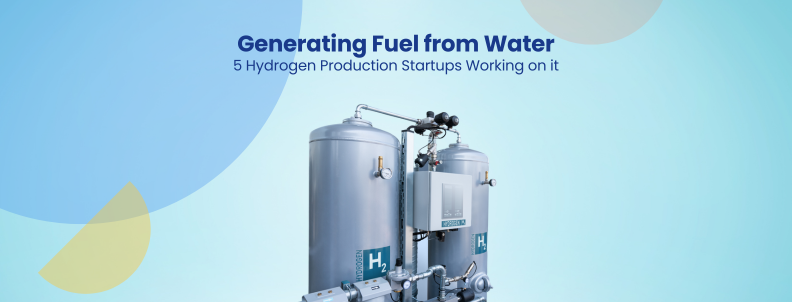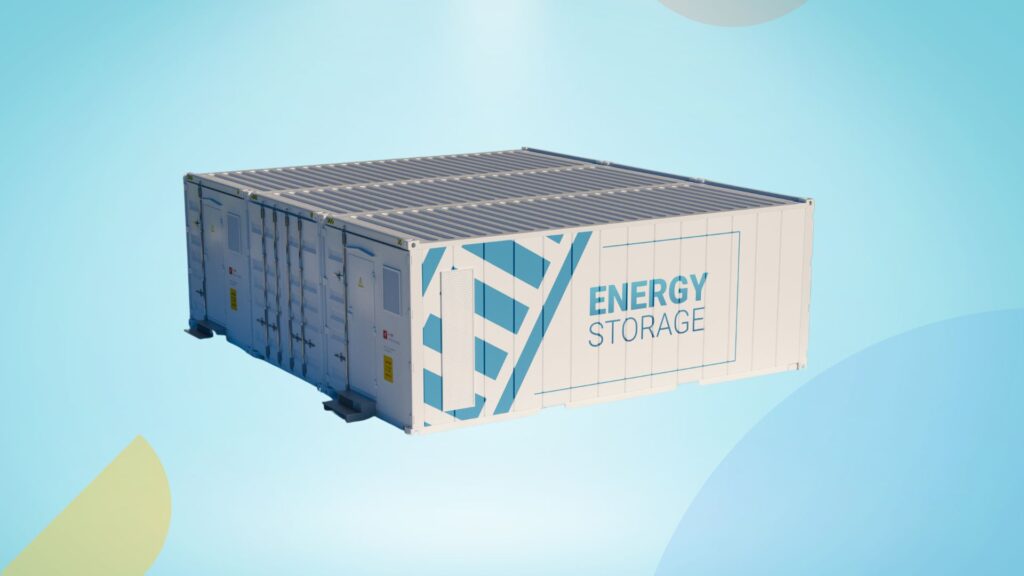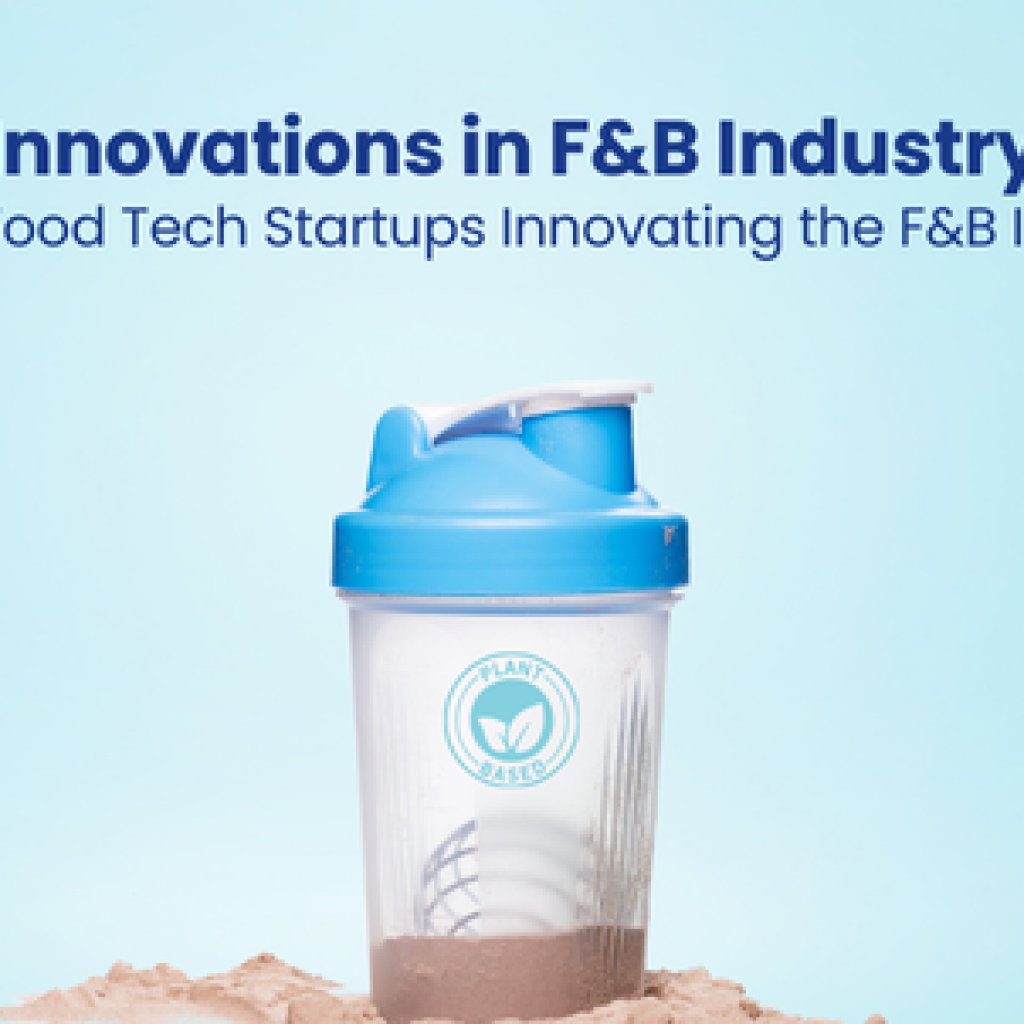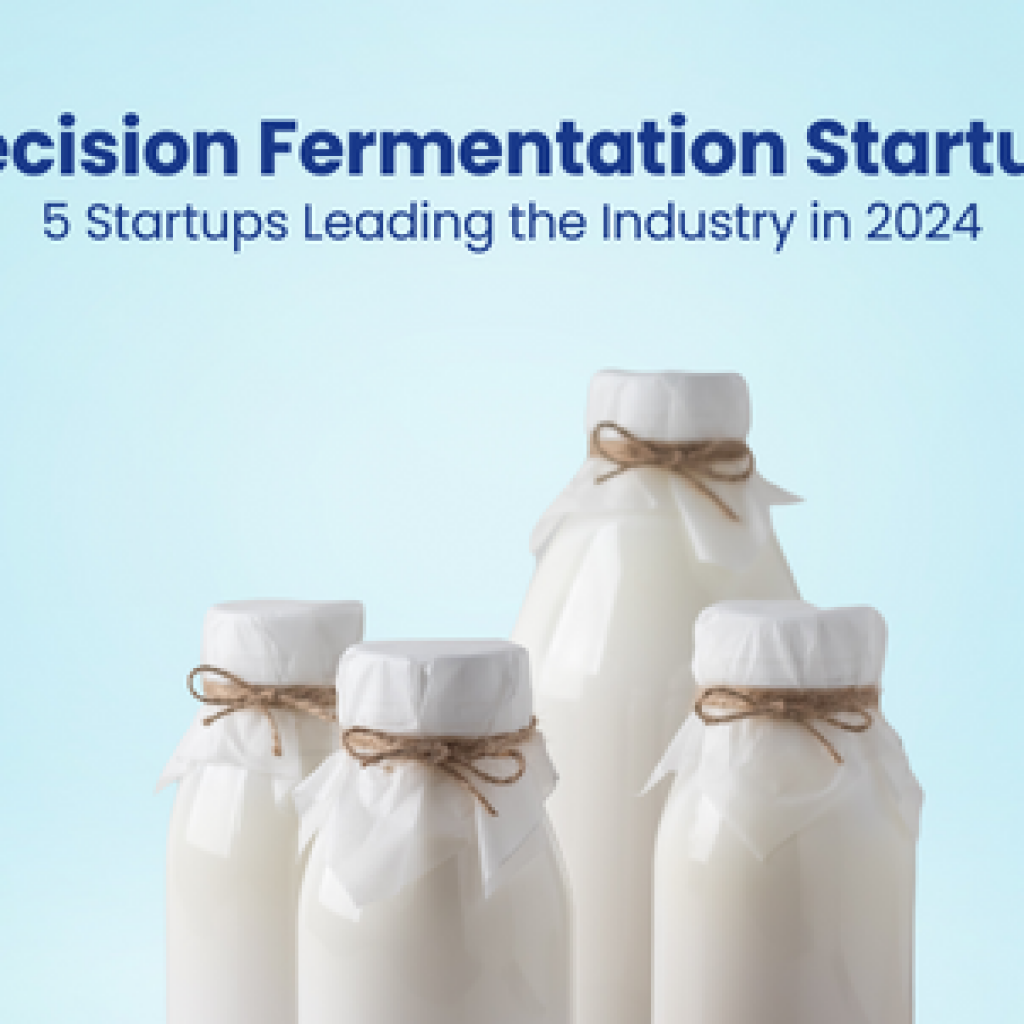Lithium-ion batteries have powered mainly electric vehicles (EVs), which offer high energy density and relatively long life cycles. However, challenges such as lengthy charging times, limited range, battery degradation, and the environmental impact of lithium mining and disposal raise concerns about the long-term sustainability of this solution.
Hydrogen fuel cells boast high energy density, allowing for longer driving ranges. They also enable rapid refueling, similar to conventional gasoline vehicles. Additionally, fuel cell electric vehicles (FCEVs) emit only water vapor, making them environmentally friendly.
However, the infrastructure for producing, transporting, and distributing hydrogen is still in its infancy, posing a challenge for widespread adoption.
Furthermore, efficiency losses are associated with the hydrogen production and storage process, and the overall technology is currently more expensive than lithium-ion batteries.

Source: US Department of Energy
This article explores five innovative startups working on hydrogen fuel cells, each addressing specific challenges in the industry.
Explore the Hydrogen Startup Ecosystem with our exclusive report. Fill out the form to get the report:
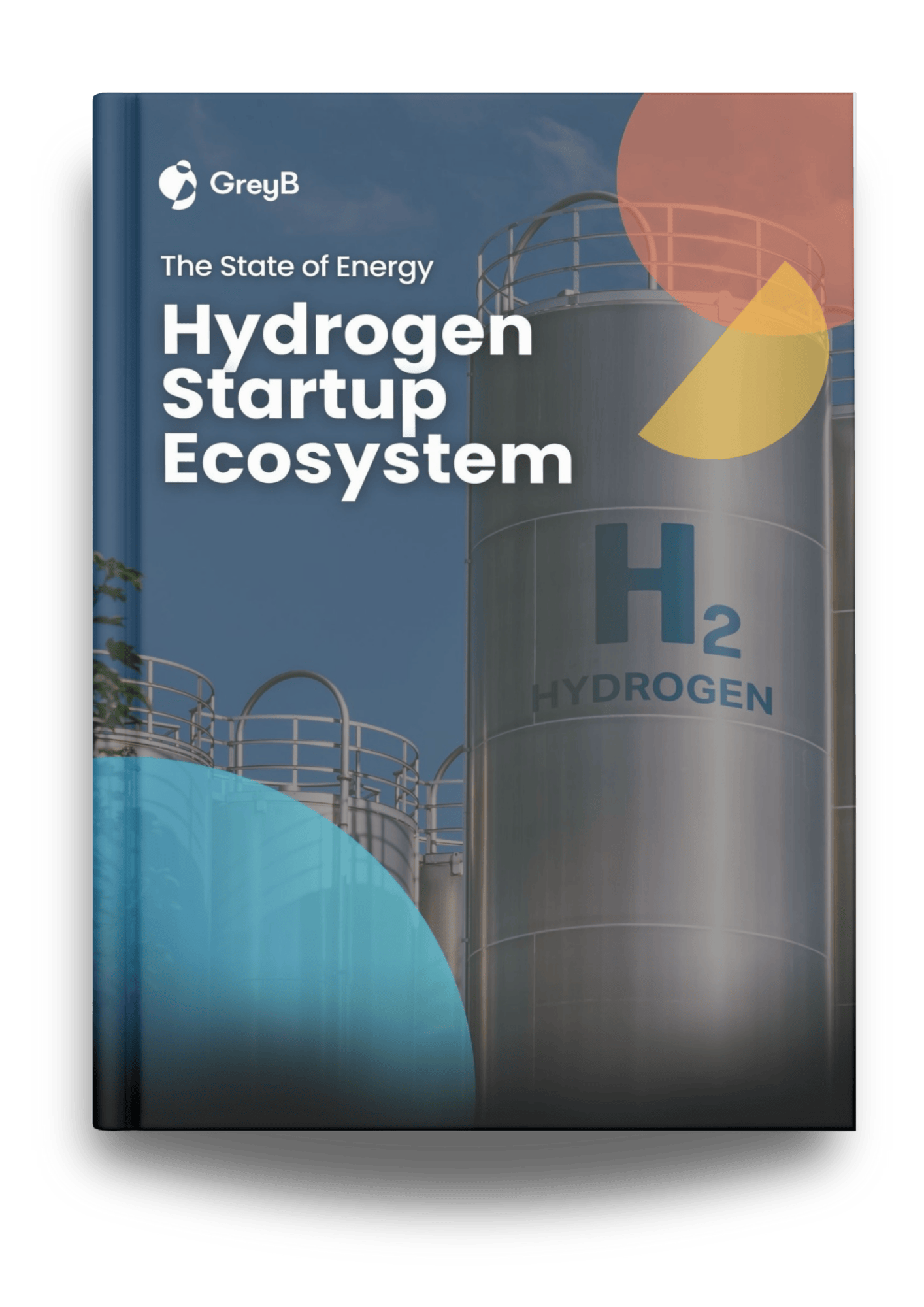
Here are the top 5 hydrogen fuel cell startups:
1. EH Group Engineering
| Founding Year | 2017 |
| Headquarters | Vaud, Switzerland |
| Total Funding Amount | $8.4M |
| Last Funding Round/Amount | Seed Round/CHF 5 Million |
| Website | https://www.ehgroup.ch/ |
Current fuel cell technologies face limitations like suboptimal power density, complex system architectures, high production costs, and operational inefficiencies. These challenges hinder fuel cell solutions‘ broader adoption and scalability in various sectors.
To overcome these issues, EH Group has developed a range of high-performance PEM (Proton Exchange Membrane) fuel cell stacks that offer power outputs ranging from 1kW to 320kW.
Its hydrogen fuel cell technology features a patented stack microstructure with advanced water and thermal management that allows high system efficiency with low parasitic loads. This design ensures unrivaled power density and operational reliability across demanding conditions.
The simplified system architecture and the design for the manufacturing approach reduce costs and enhance production scalability. The proprietary fuel cell stack production machinery has ultra-high precision and integrated quality control and supports multiple sequential processes.
The startup is under the leadership of the Director and Co-founder, Mardit Matian. He holds a Ph.D. in Fuel cell engineering from Imperial College London.
EH Group raised CHF 5 million from a seed round led by AP Ventures on January 13, 2022.
2. Convion
| Founding Year | 2012 |
| Headquarters | Uusimaa, Finland |
| Total Funding Amount | $50K |
| Last Funding Round/Amount | Series A/- |
| Website | https://convion.fi/ |
Traditional energy conversion methods rely on combustion processes limited by Carnot efficiency, leading to suboptimal power generation and high emissions. Existing energy systems also struggle to directly utilize various fuel types, particularly when integrating renewable energy sources into the grid.
Convion’s SOC technology operates at high temperatures, enabling direct hydrocarbon gas use and internal reforming, thus enhancing fuel flexibility and efficiency.
Convion has developed systems (C60 and C250e) to address these challenges, utilizing Solid Oxide Cell (SOC) technology for fuel cell and electrolysis applications.
The C60 is a modular power generator with exceptional electrical efficiency for combined heat and power generation. It is adaptable to various fuels, such as natural gas, biogas, or hydrogen.
The C250e system offers a modular steam electrolyzer setup with reversible operation. It is capable of efficient hydrogen production and power generation and features electrical efficiency greater than 85%.
Compared to competing PEM and alkaline technologies, Convion’s systems demonstrate 20-30% lower electricity consumption for hydrogen production. Convion systems show an electrical efficiency of over 85% even after 2000 hours of successful operation, including 1000 rapid power cycles.
Its CEO, Erkko Fontell, leads the startup with 18+ years of experience in Managerial and directorial roles in the fuel cell industry. He holds an MBA from Robert Gordon University.
Convion raised its last funding on Jun 30, 2018, from a Series A round led by Springvest.
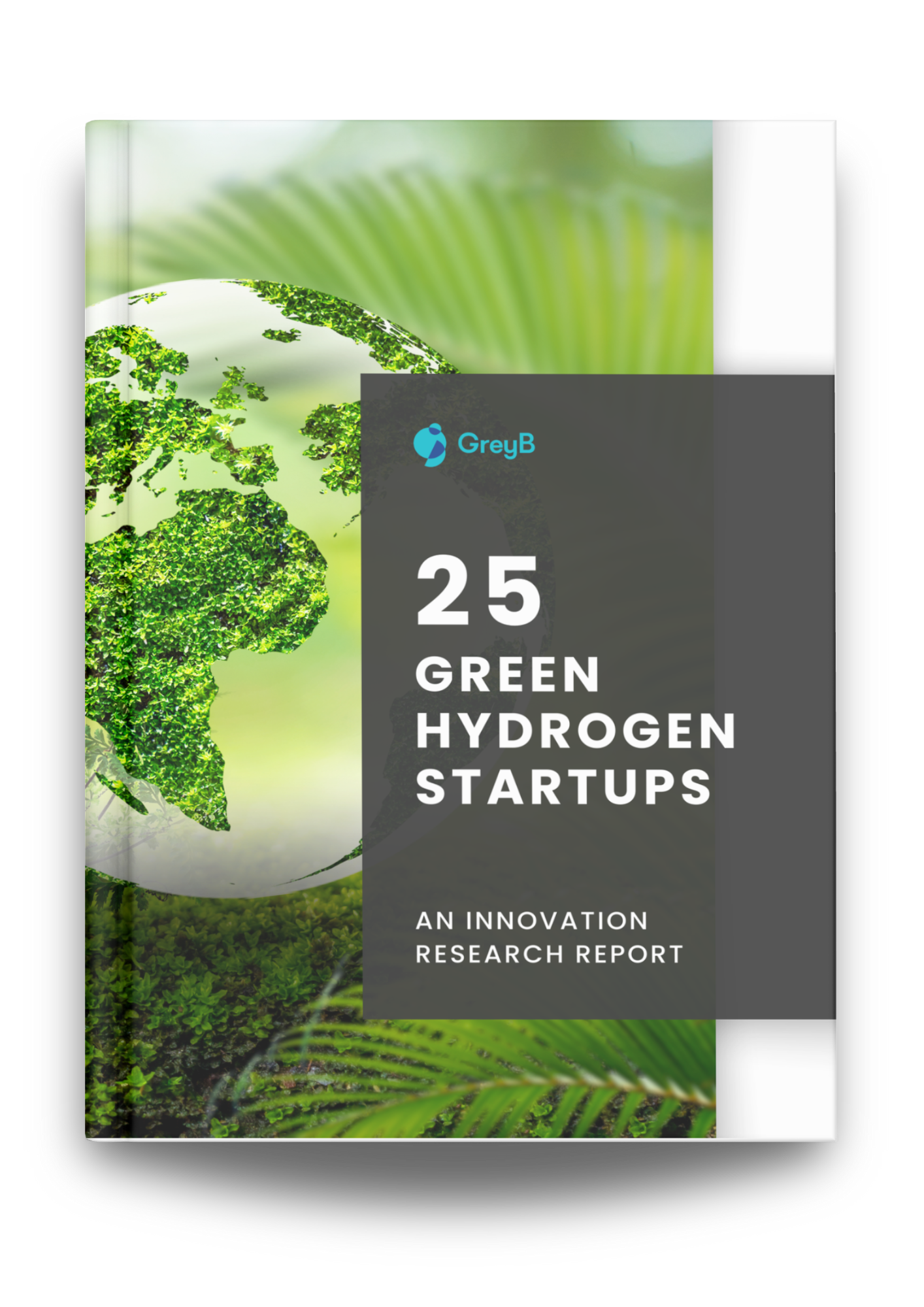
Innovative Green Hydrogen Startup Report
Download Report3. PowerUp
| Founding Year | 2016 |
| Headquarters | Harjumaa, Estonia |
| Total Funding Amount | €650K |
| Last Funding Round/Amount | Seed Round/€410K |
| Website | https://powerup-tech.com/ |
Conventional energy sources have challenges, such as environmental impact and operational inefficiencies of fossil fuel-based systems.
PowerUp has developed generators powered by proton exchange membrane (PEM) fuel cells, known as UP® generators, to counter these issues. These devices efficiently generate electricity through a clean process that converts hydrogen gas into electrical energy, with water and heat as the only byproducts.
This technology ensures a steady power supply independent of weather conditions and integrates seamlessly with other green power sources to form a reliable miniature smart grid solution.

What sets PowerUp’s technology apart is its efficiency and environmental sustainability. Unlike diesel generators and batteries, UP® generators are quiet, low-maintenance, and emit no harmful substances.
The PEM fuel cell technology provides a green alternative by directly converting chemical energy from hydrogen into electricity. It reduces the carbon footprint and enhances the usability and convenience of power generation systems.
Ivar Kruusenberg is the CEO and Co-founder behind the startup’s success. He holds a Ph.D. in Chemistry from the University of Tartu and was a postdoctoral fellow and researcher at the University of California, Berkeley.
PowerUp Fuel Cells closed its last funding of €410K on Apr 1, 2020, from a Seed round.
Innovative Companies working on Hydrogen Energy Storage
4. Innoreagen Power Technology
| Founding Year | 2017 |
| Headquarters | Beijing, China |
| Total Funding Amount | CN¥100M |
| Last Funding Round/Amount | Series A/CN¥100 Million |
| Website | https://www.innoreagen.com/ |
Innoreagen Power Technology aims to address problems such as the need for more environmentally friendly energy sources, the efficient conversion of fuel to electricity, and the development of scalable energy solutions that can be implemented across various industries.
For that, Innoreagen has introduced a range of products, including metallic plates, fuel cell stacks ranging from 2kW to 200kW, fuel cell modules, comprehensive power systems, and test platforms for fuel cells and electrolyzers.
These products cater to diverse applications, such as automobiles, forklifts, ships, UAVs, portable power, and backup power systems. The fuel cell power systems have capacities between 36kW and 160kW, and its fuel cell and electrolyzer test platforms offer capacities from 50W to 300kW.
Innoreagen’s technology has an extensive patent portfolio encompassing core design, manufacturing, and testing technologies. It has 200+ patents and has formulated and released international and 10 group standards.
Innoreagen Power Technology raised CN¥100 Million in a Series A round on Jun 20, 2022, led by Beijing E-town International Investment & Development.
5. GLOBE Fuel Cell Systems
| Founding Year | 2020 |
| Headquarters | Stuttgart, Germany |
| Total Funding Amount | Publicly Not Disclosed |
| Last Funding Round/Amount | Publicly Not Disclosed |
| Website | https://www.globefuelcell.com/ |
GLOBE Fuel Cell System provides solutions to the challenges with fuel cells. Compared to traditional power sources, its fuel cells provide consistent, weather-independent energy production for industrial applications. Unlike solar and wind, these systems deliver steady power irrespective of environmental conditions.
The cells offer rapid refueling capabilities, reduced capital expenditure through higher fleet utilization, and the elimination of peak power loads, aligning with the transition towards hydrogen-powered intralogistics and sustainable global energy solutions.
GLOBE has developed the XLP and LSP series of fuel cell systems, targeting industrial applications such as intralogistics and stationary power. These systems are emission-free, digitally networked, and offer scalable power solutions ranging from 70kW to 2,000kW.
Unique to GLOBE’s technology is its integration with cloud connectivity, enhancing system reliability through real-time data analytics.
Steffen Bäuerle is the CEO & Co-Founder leading GLOBE Fuel Cell Systems with his team of experts. He is a Heilbronn University graduate with industrial experience in MD and advisory board member roles.
The startup received €1.3 Million in funding from Michael Theurer, the Parliamentary State Secretary at the Federal Ministry for Digital and Transport. The funding will help the startup implement fuel cell-powered industrial trucks.
Partner with cutting-edge startups to tackle your industry’s toughest challenges and stay on top of the competition.
Learn how GreyB can help you discover similar ventures that perfectly fit your needs.
How Can We Help You?
We support industry-leading R&D and Innovation professionals through complex problems. Describe your challenge, and let us bring clarity and expertise.

